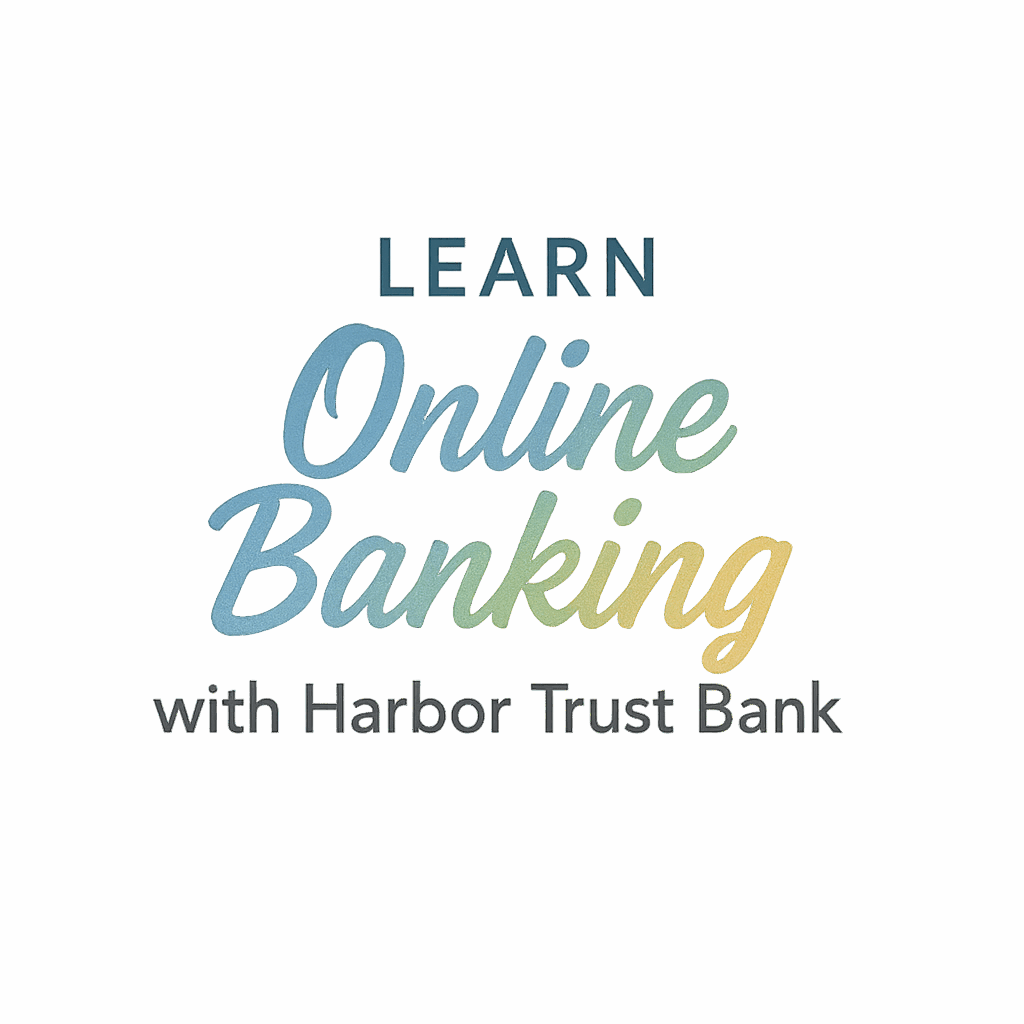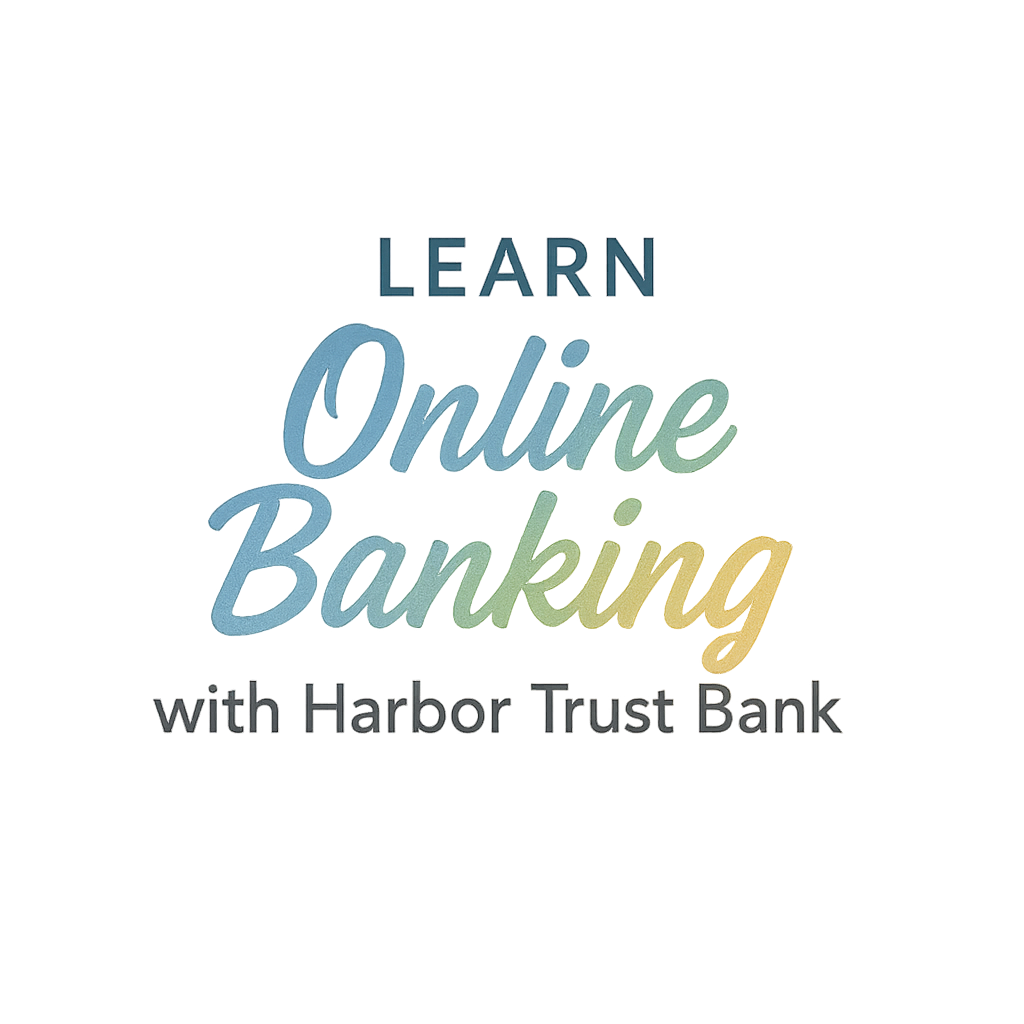Online banking is convenient—but with that convenience comes risk. If you’re not paying close attention, you could fall victim to fraud, identity theft, or a full-on bank account takeover. This article will walk you through 5 unmistakable signs your online banking account may be compromised, how to react if it happens, and what to do to protect yourself moving forward.
Whether you’re running a music business like 4am Recording Studio or just managing your personal finances, this is critical knowledge to keep your money safe.
Introduction
Ever had that gut feeling that something’s not right with your bank account?
Maybe you saw a weird charge on your statement, or you got an email about a transaction you never made. That small voice in your head might be onto something.
In today’s digital age, hackers are more sophisticated than ever. They don’t just steal passwords—they impersonate, phish, and infiltrate. And the worst part? Many people don’t even realize their online banking is compromised until it’s too late.
Let’s break down the most common warning signs so you know exactly what to look for.
1. Unfamiliar Transactions Start Showing Up
One of the biggest red flags? Transactions you don’t recognize.
How to Spot Suspicious Activity Fast
Even small charges can be a hacker testing your card. If you notice a $0.99 purchase you didn’t make, don’t ignore it. Fraudsters often start small to see if you’re watching.
Review Your Transaction History Regularly
Make it a weekly habit—just like checking email or social media. Whether it’s studio-related expenses at 4amrecordingstudio.com/recording-studio-business-planning or your Netflix subscription, know where your money goes.
2. You’re Locked Out of Your Bank Account
Imagine logging into your account, and—bam—you’re denied access. That’s not just frustrating; it’s terrifying.
Password Changed Without Your Consent? Red Flag!
If you didn’t change your password, and now it says “incorrect credentials,” someone else might have done it for you.
Why You Should Set Up 2FA Immediately
Two-Factor Authentication (2FA) sends a code to your phone or email. If someone tries to access your account, they’ll need more than just your password.
Pro tip: Just like you protect studio gear at 4amrecordingstudio.com/recording-studio-equipment-tools, protect your login like it’s expensive gear—because it is.
3. You Receive Alerts You Didn’t Set
Getting emails or text alerts for things you didn’t do?
Emails or SMS Notifications Out of Nowhere
If you start receiving “Your password was reset” or “Unusual login detected” messages, that’s your system waving a red flag. Don’t ignore them.
Look Out for Phishing Attempts Posing as Alerts
Fraudsters send fake alerts trying to trick you into clicking shady links. Always double-check the sender’s email or phone number. Your bank will never ask for your password in an email.

4. Strange Devices Are Logged In
You check your device log and see a login from a city you’ve never visited. Uh-oh.
Check Device & Login History in Your Bank App
Most online banking platforms let you view active sessions or login locations. If it says someone logged in from “Germany” and you’re in Georgia—that’s not you.
Secure Your Account With Device Authentication
Enable email alerts for new device logins. Just like you’d keep track of who enters your studio at 4amrecordingstudio.com/tag/clients, you should know who’s logging into your bank.
5. Your Personal Information Was In a Data Breach
Been part of a recent data leak? Hackers could have everything they need to break into your bank.
Why Data Leaks Can Lead to Bank Account Hacks
When your name, email, and passwords are exposed in a breach (like from a shopping site), hackers test those same credentials on banking platforms.
How to Monitor Breaches Using Free Tools
Use tools like HaveIBeenPwned.com to check if your info’s been leaked. Change your passwords immediately if it has.
How to Respond If Your Account Is Compromised
Step-by-Step Recovery Plan
Don’t panic. Do this instead:
Call Your Bank Immediately
They can freeze your account and help reverse fraudulent charges.
Freeze or Close Affected Cards
Get a new debit or credit card. Hackers can’t use what they don’t have.
Check Other Financial Accounts
Your PayPal, Venmo, and even your business earnings accounts like those used by artists on 4amrecordingstudio.com/tag/streams may also be at risk.
How to Prevent Future Breaches
Being proactive beats being reactive. Here’s how you stay ahead.
Use Strong, Unique Passwords
Don’t reuse passwords between accounts. Mix upper and lowercase letters, symbols, and numbers.
Example: Be@tMaster_2025! is better than 123456.
Enable Multi-Factor Authentication (MFA)
Think of MFA like studio insurance. It’s extra protection, and it could save you big.
Monitor Accounts Weekly
Set reminders—just like you would for studio scheduling. Your finances deserve that attention.
Why Online Banking Security Is Everyone’s Responsibility
Whether you’re a beginner managing your side hustle income or a music producer growing a business with tools from 4amrecordingstudio.com/tag/income, security matters.
Hackers aren’t targeting just corporations—they’re after individuals too. That means staying informed, cautious, and proactive is key to protecting your hard-earned money.
Conclusion
Online banking makes life easier—but it also puts a target on your digital back. The signs of a compromised account can be subtle or in-your-face. The key is to stay alert and act fast.
From recognizing strange transactions to locking down your login, the five signs we’ve covered are your first line of defense. Implement strong password habits, use 2FA, and never ignore a suspicious notification.
And just like you wouldn’t run a recording studio without proper setup (check out 4amrecordingstudio.com/recording-studio-setup-basics), don’t manage your finances without securing your bank account.
FAQs
1. How can I check if my online banking account has been hacked?
Look for unexpected charges, account lockouts, strange login locations, or password change alerts. Log in from a secure device and review your banking notifications.
2. What should I do if I notice a suspicious charge?
Contact your bank immediately. Report the charge, freeze the card if necessary, and change your login credentials.
3. How often should I check my bank account activity?
At least once a week. Consider setting up alerts for all transactions so you’re notified in real-time.
4. Can someone hack my bank account with just my phone number?
Not directly, but if your number is linked to 2FA or used in a SIM swap scam, hackers can intercept verification codes.
5. Are public Wi-Fi networks safe for online banking?
Nope. Avoid logging into your bank account on public networks. Use mobile data or a VPN if necessary.
6. How can I create a strong banking password?
Use a mix of uppercase, lowercase, numbers, and symbols. Avoid birthdays or common words. Use a password manager for help.
7. What’s the safest way to access my online bank account?
Always use a secure, private network. Enable biometric logins if available, and never save passwords in your browser.


